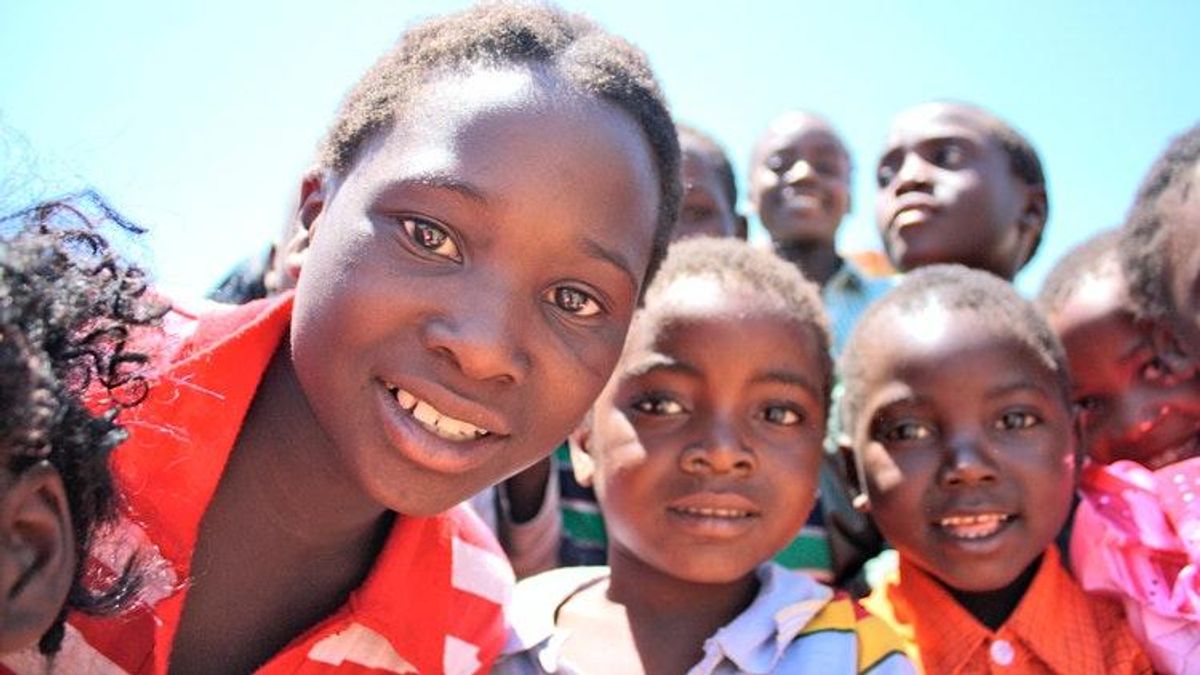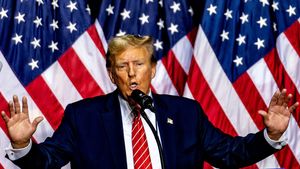With COVID-19 disrupting supply chains, an earlier warning from the United Nations Programme on HIV/AIDS and the World Health Organization may be coming true — dozens of nations are facing critical shortages of life-saving HIV medications.
WHO — the global health organization that President Trump just pulled the U.S. out of — announced that more than 70 nations are at risk of running out of antiretrovirals as the COVID-19 pandemic rages on. The numbers were derived from a WHO global survey, which also indicated 24 countries have a "critically low" stockpile of HIV drugs.
“The findings of this survey are deeply concerning,” WHO Director-General Tedros Adhanom Ghebreyesus said in a statement, according to CNBC. “Countries and their development partners must do all they can to ensure that people who need HIV treatment continue to access it. We cannot let the COVID-19 pandemic undo the hard-won gains in the global response to this disease.”
The earlier warning from the WHO and the UN indicated lockdowns and illness were limiting the number of workers available to produce and distribute drugs, leading to not only shortages but price hikes on the limited medications available. Cheaper generic drugs are most effected by the COVID-related shortages.
"It has been estimated that a 10–25% increase in [overhead and transport costs] could result in an annual increase in the final cost of exported antiretroviral medicines from India alone of between US$ 100 million and US$ 225 million," according to UNAIDS. India produces about 80 percent of all generic antiretroviral drugs.
The drug shortages will most severely affect low-income nations; the UN says 500,000 people living with HIV in sub-Saharan Africa could die because of drug disruptions.












































































